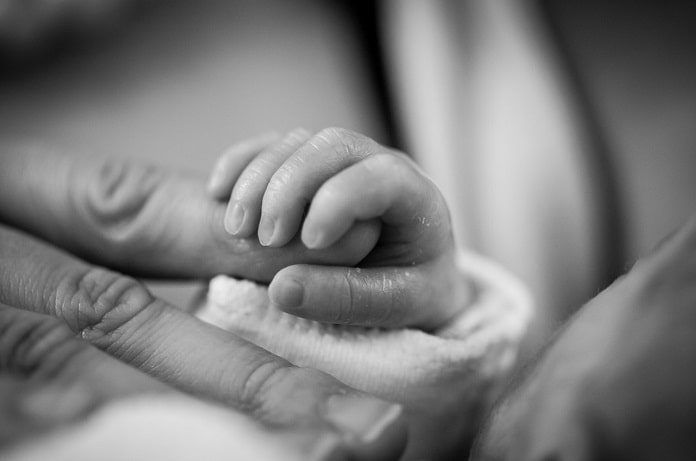Each Baby Counts is the Royal College of Obstetricians and Gynecologists of the UK’s program to minimize the rate of stillbirths and disabilities which occur during labour. The program’s ambitious goal is to half the number of babies who die or suffer brain injuries as a result of preventable incidences during term labour.
The report, published by the Royal College of Obstetricians and Gynecologists, brings together the information about stillbirths, neonatal deaths, and brain injuries occurring during labor from local investigation to show the whole picture, and share the lessons and the experiences.
This article has mainly focused on the findings of the Each Baby Counts program in 2015, the first year this program has been carried out.
In this report for the Each Baby Counts program, authors targeted 723,251 term babies who were born in the UK in 2015.After excluding ineligible subjects, including babies who were born without complications, babies with congenital abnormalities, and potential unreported babies, 1136 babies entered in the last analysis.
Of these 1136 babies who met the eligibility criteria for the Each Baby Counts report in 2015 there were 126 intrapartum stillbirths and 156 babies were born alive but died within the first 7 days after birth. A further 854 babies were classified as suffering from brain injuries.
Based on the analysis of the cases from the reports, authors have made the following recommendations for management of fetal monitoring:
- Women who are at low risk should have a formal fetal risk assessment on admission in labour,
- Guidelines to switch from intermittent auscultation to continuous cardiotocography should be followed,
- Key management decision should not only be on the continues cardiotocography but should also be planned on the whole clinical picture,
In cases that therapeutic hypothermia is considered:
- Routine, timely and continuous monitoring of the core temperature should be warranted,
- Paediatric/neonatal team must be informed of the pertinent condition of a neonate at risk,
- All members of the neonatal care team must be considerate of maintaining situational awareness,
- An expert member of the neonatal care must have oversight to the other members’ activity,
And in complicated cases of care,
- involved staff should consider seeking advice from other colleagues who are not involved directly in the care,
- in cases which require multiple specialties involvement, a briefing to leaders must be considered.
After conducting this study and to better facilitate the future researchers, authors have made some recommendations: all eligible babies should be reported within the 5 days, all local reviews should contain the necessary information, parents should be invited to contribute to any decision and all local reviews must have external panel reviewers.
The authors beseech policy makers, as a matter of urgent priority, to ensure that maternity units are adequately resourced. Without this, trusts, health boards, and healthcare professionals will struggle to implement the recommendations from the Each Baby Counts team in order to reach the goal of reducing mortality and brain injuries by 50%.
Written by Nima Makhdami, M.D.
Reference: Royal College of Obstetricians and Gynaecologists (2017). Each Baby Counts: 2015 Summary Report. [online] London: Royal College of Obstetricians and Gynaecologists. Available at: https://www.rcog.org.uk/globalassets/documents/guidelines/research–audit/each-baby-counts-2015-summary-report-june-2017.pdf.



